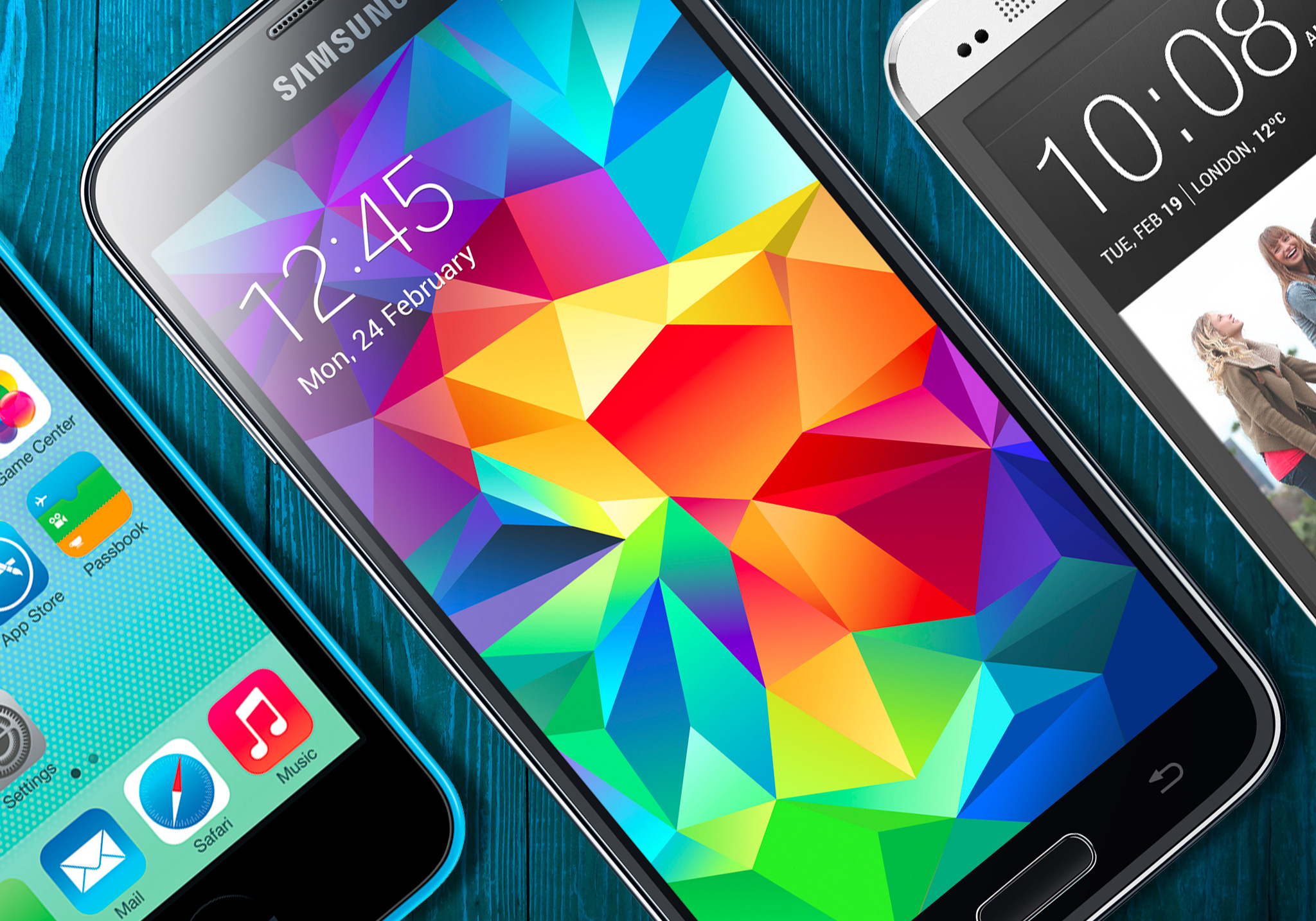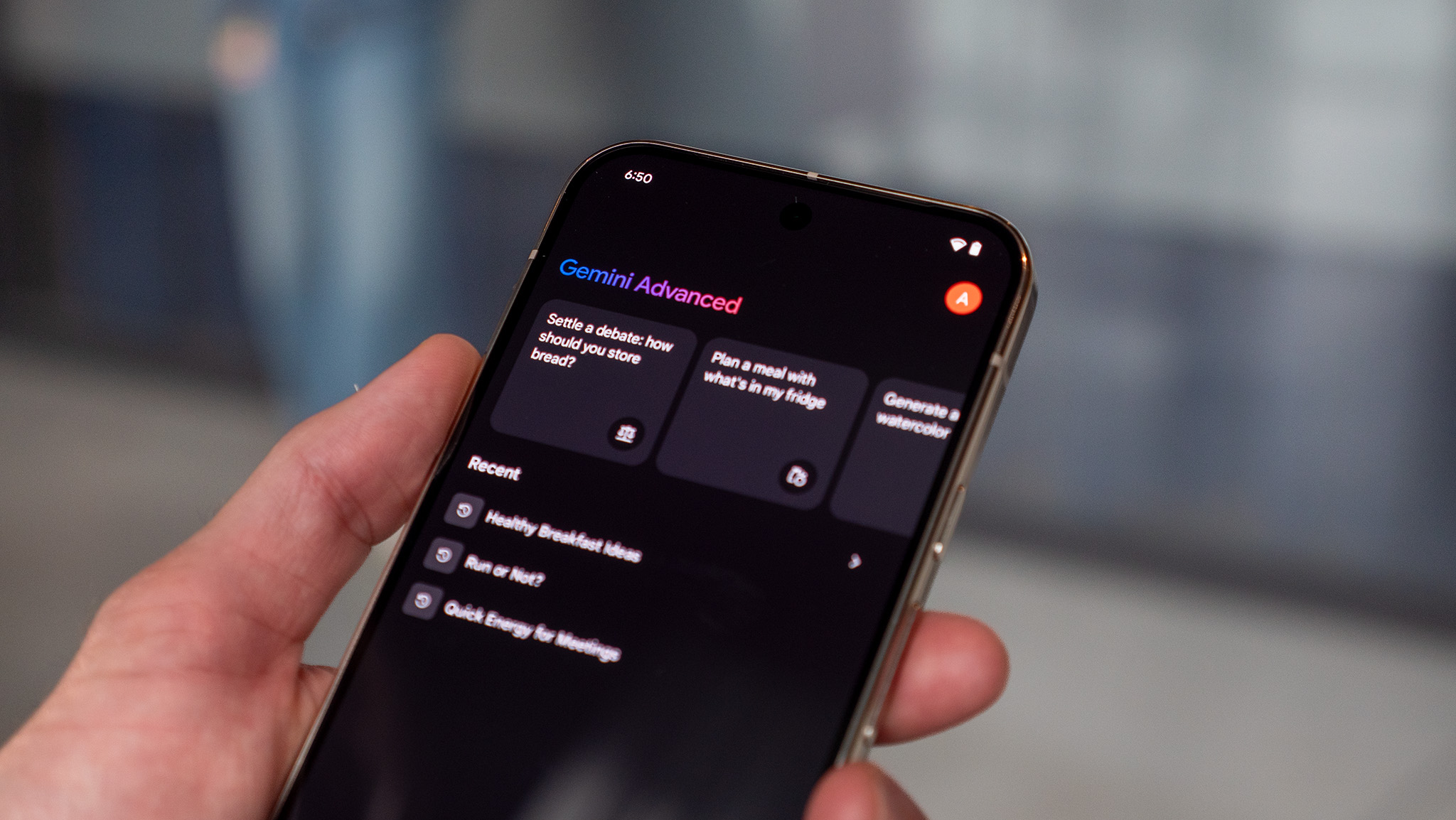Although landing an AT&T or Verizon account may yield impressive coverage, the cost may be difficult for some to swing every month. This fact is even more pertinent with the wider availability of free and ubiquitous Wi-Fi networks. The quality of the coverage also matters in relation to your work and home life. Once again, AT&T or T-Mobile could be amazing, but if you get zero bars at home, their service is useless.
Recently, I spent some time using Ting (Ting.com) in the US. Never heard of 'em? No worries, as I tested them out for a few weeks using the HTC 8XT.
What is Ting?
Ting is known as an MVNO or mobile virtual network operator. In essence, Ting piggybacks off another carrier but often at a reduced cost to you, the consumer. MVNOs tend to be cheaper because they do not need to maintain physical stores, pay vast armies of retail employees, or engage in pricey advertising. All the carriers in the US have multiple MVNOs and in this case, Ting rides on Sprint's CDMA network.
Cost
The real benefit of Ting for many users is there is no contract. Ting is not a pre-paid service either, as instead, you pay-as-you-go. As such, consumers can often reduce their monthly bill significantly, especially if they do not make many calls or have frequent access to Wi-Fi to make up for data.
Ting works by letting you pay only for what you use. The service breaks down into the number of devices on your account ($6 per phone), minutes for calls, messages for text and megabytes for data. For instance, say you have one phone, you make 300 minutes of calls, 100 text messages and use a gigabyte of data. Your costs would be $6 for the phone + $9 for the calls + $3 for the texts + $19 for the data = a total of just $37. You can see Ting's rates on their site and based on your usage you can figure out what you would spend.
What I like is that under your account info on the Ting site it shows you (in graph form) current usage and what you owe for your bill. It is easily the simplest, no-frills billing system I have come across here in the US.
Settings
Following the simplicity of the billing and current usage structure, Ting also lets you modify advanced settings on your phone with ease. For instance, using my HTC 8XT, I could enable or disable many different features, including data usage, busy call forwarding, block my own caller ID, group messaging and more. All that is needed is to toggle a simple switch in the Ting settings on their site.
Ting's website is easily one of the stress-free to navigate, and the granularity of control over each device on my account is something I really appreciate.
Coverage
As noted above, Ting is only as good as Sprint's coverage in your area. For some of you, this is a non-starter due to Sprint perhaps not covering your home or work. For others, Sprint's coverage in your area might be perfectly acceptable.
You can use Ting's handy coverage map to see if your address is in their zone of service for calls or data. Luckily for me, Sprint certainly has much better coverage in my area than T-Mobile, where I can barely yield even one bar of service. Ting's service strength was not tremendously better than T-Mobile's coverage where I reside, but it was at least more reliable and stable enough to make calls, unlike T-Mobile.
In my usage of the HTC 8XT for the last few weeks, I can say that the service was entirely reliable. CDMA for calls tends to work better indoors due to the differing wavelengths when compared to GSM. Whether it was calls, text message or even data, things worked as expected.
Speaking of data, Ting gets on board with Sprint's LTE coverage and my overall speeds were decent, maintaining around 3 Mbps with only one bar of coverage. In full coverage range, Ting's data speeds went much higher. Ting also supports roaming onto Verizon's network for texts and calls (but no data).
Phones
Now for the bad news. Ting's selection of phones isn't terribly exciting. They offer iPhones up to last year's iPhone 5s, as well as the Nexus 5, Samsung Galaxy S5, and HTC One M8, as well as several older and lower-tier Android devices.
Currently, Ting has no Windows Phones in the line-up listed on their site. This is unfortunately not too uncommon as Windows Phone struggles for relevance in the US. That is not to say Ting is adverse to Windows Phone as they have stocked the HTC 8XT and ATIV S Neo in the past. However, since they are a Sprint MVNO, they rely on Sprint's meager Windows Phone selection for their catalog. You cannot bring over a Windows Phone from AT&T or Verizon, due to those phones relying on different frequencies for their radios. The same points apply for BlackBerry devices — Sprint carries the BlackBerry Q10 and has previously offered older BlackBerry devices, so you should be able to bring a Sprint-branded BlackBerry over to Ting with little issue.
Still, if you manage to pick up a Sprint phone for cheap on eBay or someplace else, you can just port over the phone using the phone's ESN/MEID. And if Sprint ever picks up a phone you rather want, you would likely be able to bring it over to Ting and avoid Sprint's more costly contracted plans.
Conclusion
Ting is obviously not a carrier for those of you who want the best stuff now or who do not flinch at paying $80 or more a month for your smartphone usage. Ting is better suited for the casual user who just wants to use the phone for texting, calls, and some data usage. I even think it would be great for those with kids, as you can potentially save much money down the road.
In that sense, picking up a cheap Sprint phone like the HTC 8XT and spending $30 a month (or less) is quite enticing. Of course, if Ting (and by extension Sprint) had a more comprehensive phone selection and their coverage spans your work and home, well, Ting would be a very attractive option in 2015. Their website is a breeze to navigate, there are no hidden costs, and you pay for what you use, which is all at a very fair price.
Overall, MVNOs and Ting in particular offer up a unique alternative to the contract-based 'big four' carriers and I think it is worth keeping your eye on them. Some people in our forums have enjoyed their experience and you may too.


